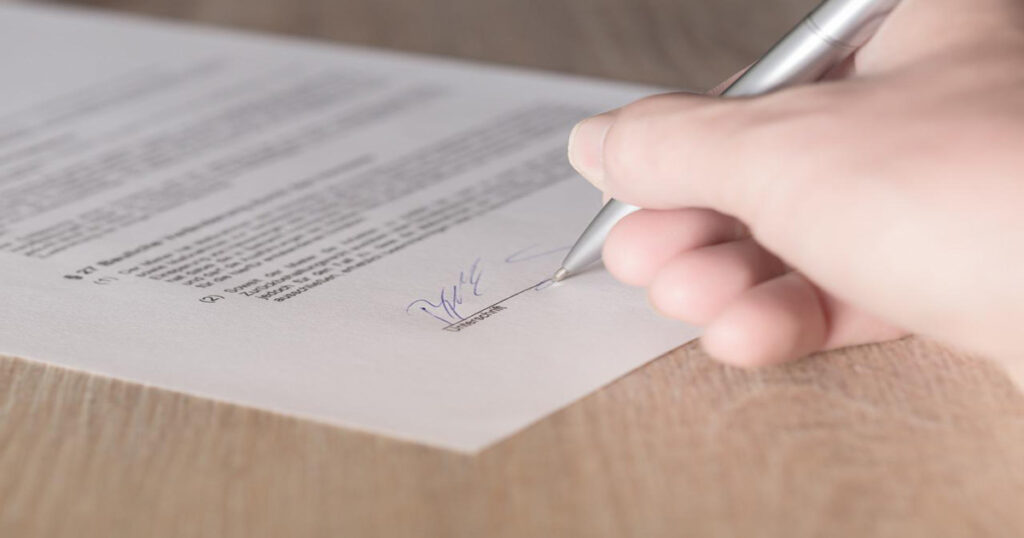The Process of Selling a Property Through Auction in the UK
Selling a property can be complex, especially when navigating traditional estate agents, unpredictable market conditions, and lengthy sale chains.
For many sellers in the UK, auctioning a property presents a viable alternative, offering a quicker, more secure method of sale. But while the auction route can be highly effective, it’s essential to understand the process thoroughly to maximise the benefits and avoid any pitfalls.
In this article, we’ll explore the complete process of selling a property through auction in the UK, including preparation, choosing the right auction house, legal requirements, marketing strategies, the auction day itself, and what happens post-sale.
Why Sell at Auction?
Before delving into the process, it’s worth understanding the primary reasons why someone might choose to sell at auction:
- Speed of sale: Auctions typically complete within 28 days.
- Transparency: All bids are public, reducing the chances of gazumping.
- Certainty: Once the hammer falls, the sale is legally binding.
- Access to cash buyers: Many bidders are investors or developers ready to purchase without mortgage delays.
- Potential for competitive bidding: A well-marketed property can exceed its reserve price.
This method is particularly effective for unusual properties, homes requiring refurbishment, tenanted houses, land, or properties with legal complications.
Step 1: Choosing the Right Auction House
The first and arguably most crucial step is selecting the right auctioneer. Not all auction houses are created equal, and their areas of expertise may differ.
What to Look for:
- Reputation and track record: Review recent sales and success rates.
- Specialisation: Some auction houses focus on residential, commercial, or land.
- Marketing reach: Strong promotion can drive competitive bidding.
- Fees: Understand the seller’s commission and entry costs.
A good auction house will appraise your property’s value and suitability for auction.
Step 2: Property Valuation and Setting a Reserve Price
After you’ve chosen an auctioneer, the next step involves a professional valuation. Auctioneers usually provide a guide price, which acts as an estimate to attract interest, and a reserve price, the minimum amount you’re willing to accept.
Tips:
- Be realistic: Setting the reserve too high may discourage bidders.
- Use market data: Comparable property sales can inform your expectations.
- Understand strategy: A low guide price can attract interest and encourage a bidding war.
Step 3: Preparing the Legal Pack
Selling through auction requires a complete legal pack prepared by your solicitor. This legal documentation enables potential buyers to conduct their due diligence before the auction.
What’s Included:
- Title deeds
- Searches (local authority, water and drainage)
- Lease details (if applicable)
- Planning permissions
- EPC (Energy Performance Certificate)
- Tenancy agreements (if tenanted)
- Special conditions of sale
You’ll need to instruct a solicitor early to ensure the legal pack is completed for the auction catalogue publication.
Step 4: Marketing and Viewings
Effective marketing is essential to attracting the right buyers. Auction houses typically list your property in their catalogues (both print and online), on property portals such as SellHouseFast4Cash, and through email campaigns and social media.
Viewings:
Auctioneers usually schedule multiple open days or private appointments, allowing potential buyers to inspect the property before bidding.
Step 5: Auction Day
Auction day is where preparation meets performance. Auctions can be held in person, online, or via telephone and proxy bidding.
How It Works:
- Bidders must register before the auction.
- Once bidding begins, interested parties compete in real time.
- When bidding reaches the reserve price, and no higher offers are made, the auctioneer’s hammer falls, legally binding the sale.
- The winning bidder pays a 10% deposit immediately and signs the contract.
It’s worth attending an auction beforehand (as an observer) to familiarise yourself with the process and atmosphere.
Step 6: Post-Auction Completion
After a successful bid, the buyer has 28 days (unless otherwise stated) to complete the purchase. The solicitor handles the funds transfer, title deeds, and any remaining paperwork.
If the Property Doesn’t Sell:
If the reserve price isn’t met, the property is considered “unsold.” However, negotiations often continue immediately after the auction with interested parties. The auctioneer may also relist the property in a future event or offer alternative sales methods.
Advantages and Disadvantages of Selling via Auction
Pros:
- Speed: Quicker than traditional sales.
- Certainty: Binding contracts eliminate gazumping or fall-throughs.
- Transparency: Open bidding provides a fair market value.
- Ideal for unique properties: Homes with unusual features often do better at auction.
Cons:
- Cost: Legal packs, marketing, and auctioneer fees can add up.
- No guaranteed sale: Reserve price may not be met.
- Short timelines: Requires efficient legal and financial prep.
- Public exposure: Your property and pricing are public.
Tips for a Successful Auction Sale
- Work with professionals: Choose experienced auctioneers and solicitors.
- Present your property well: Clean and de-clutter to make it presentable for viewings.
- Be transparent: Include all relevant information in the legal pack.
- Set a strategic reserve: Let market demand work in your favour.
- Promote the listing: Leverage online portals and social media.
- Attend an auction: Gain firsthand experience in managing expectations.
FAQs: Selling Property Through Auction in the UK
How long does the auction process take from start to finish?
Typically, the entire process takes 6 to 8 weeks, from instruction to completion. The legal pack must be prepared at least 2-3 weeks before the auction date.
Can I sell any property at auction?
Specific properties, such as homes needing renovation, land, tenanted properties, or those with legal complications, are more suited to auctions.
How much does it cost to sell a property at auction?
Costs vary by auction house, but you can expect:
- Entry fees: £300–£500
- Auctioneer’s commission: 1.5%–3% + VAT of the sale price
- Solicitor’s fees for the legal pack
Sometimes, the auctioneer charges the buyer instead of the seller, so confirm the arrangement.
What happens if the reserve price isn’t met?
The property won’t be sold at auction, but you can negotiate with interested parties afterwards or relist it in a future auction.
Do I need to accept the highest bid?
Only if the reserve price is met, if bidding doesn’t reach the reserve, you are not obligated to sell.
Can I live in the property during the sale process?
Yes, you can continue to live in or rent out the property until completion. Just be prepared for scheduled viewings.
Is selling at auction legally binding?
Yes. Once the hammer falls, the sale contract is legally binding, and the buyer must complete the sale within the stated timeframe (usually 28 days).
Can I sell at auction with a mortgage on the property?
Yes, but the outstanding mortgage must be settled upon completion. Ensure your solicitor is aware so that arrangements can be made.
Do I need a solicitor to sell at auction?
Yes. A solicitor is essential for preparing the legal pack and completing the process.
How do online property auctions work?
Online auctions are similar to traditional ones but take place digitally over a set bidding window. Bidders register and submit bids, and the highest valid bid at closing time wins, assuming the reserve is met.
Final Thoughts
Selling a property through auction in the UK offers many benefits, including speed, certainty, and exposure to serious buyers. However, success hinges on preparation, understanding the legal and financial aspects, and partnering with the right professionals.
Auctions can be a compelling option if you’re looking to offload a problem property or seek a transparent and efficient sales route.
Before deciding, consult with experienced auctioneers and solicitors, attend a few auctions, and weigh the pros and cons of your unique property and goals. Done correctly, the hammer might bring down the curtain on a smooth and profitable sale.
Government and Legal Resources
HM Land Registry
https://www.gov.uk/government/organisations/land-registry
Access land and property ownership records, title deeds, and registration services.Gov.uk: Selling Your Home
https://www.gov.uk/selling-your-home
General guidance on selling a property in the UK, including legal responsibilities.The Law Society
https://www.lawsociety.org.uk
Find a solicitor who specialises in conveyancing and auction legal packs.Read our top Blogs:
Sell My Property Fast For Cash In Wandsworth
What to Do If Your House Won’t Sell: Fast Solutions That Work
How to Sell House Fast: Proven Tips to Get a Quick Sale Without Estate Agents
Call +447702210159 our friendly team for a same-day offer





